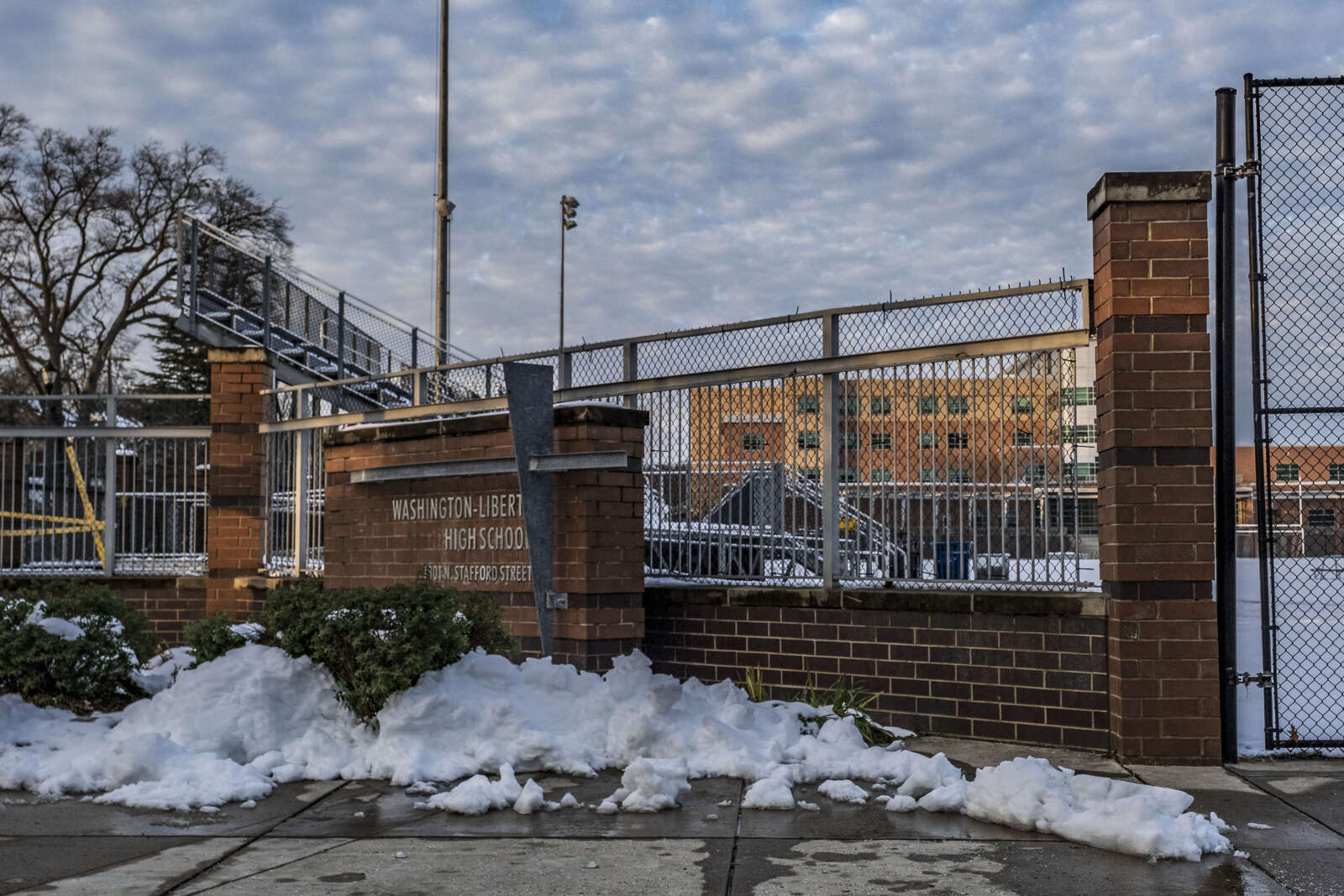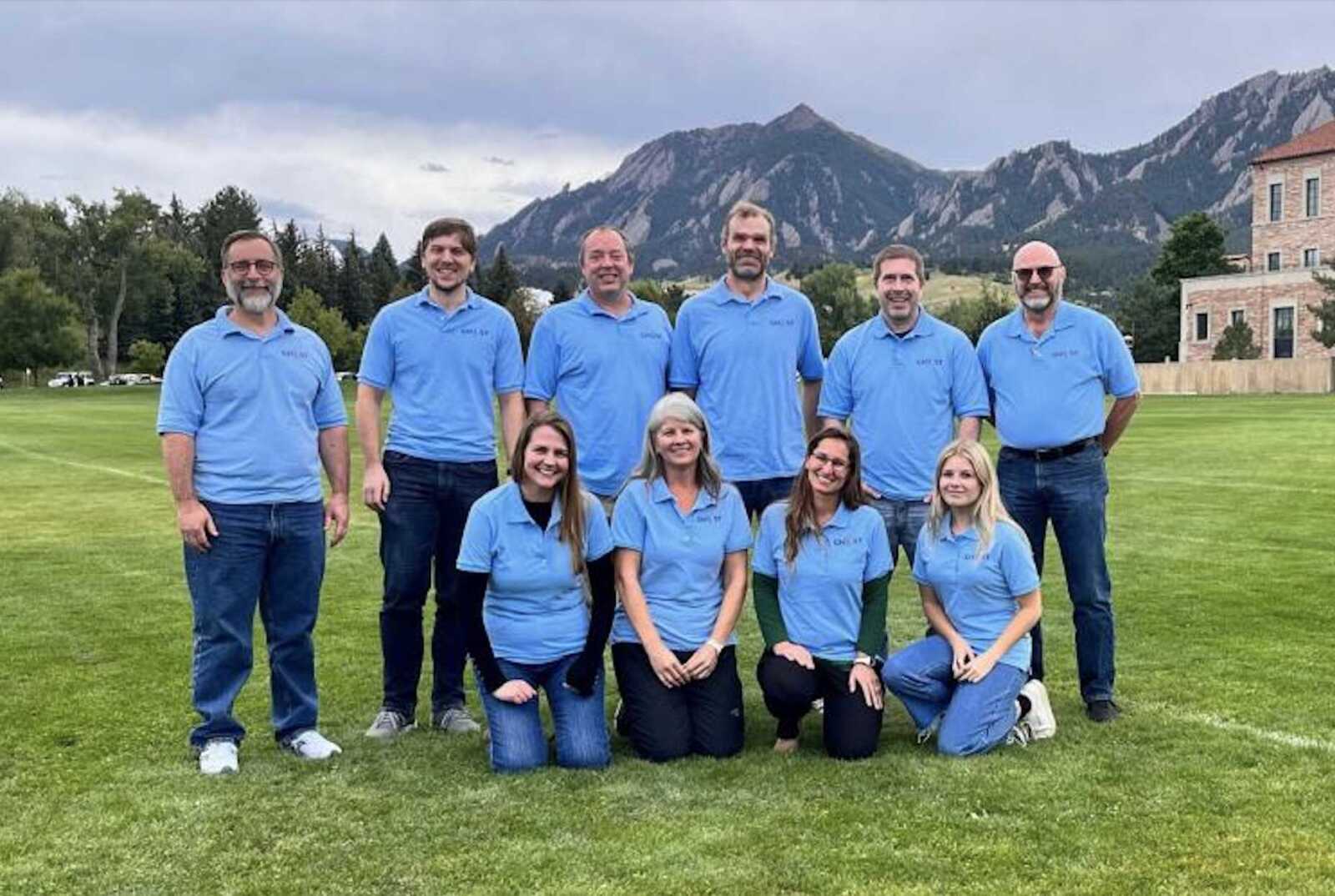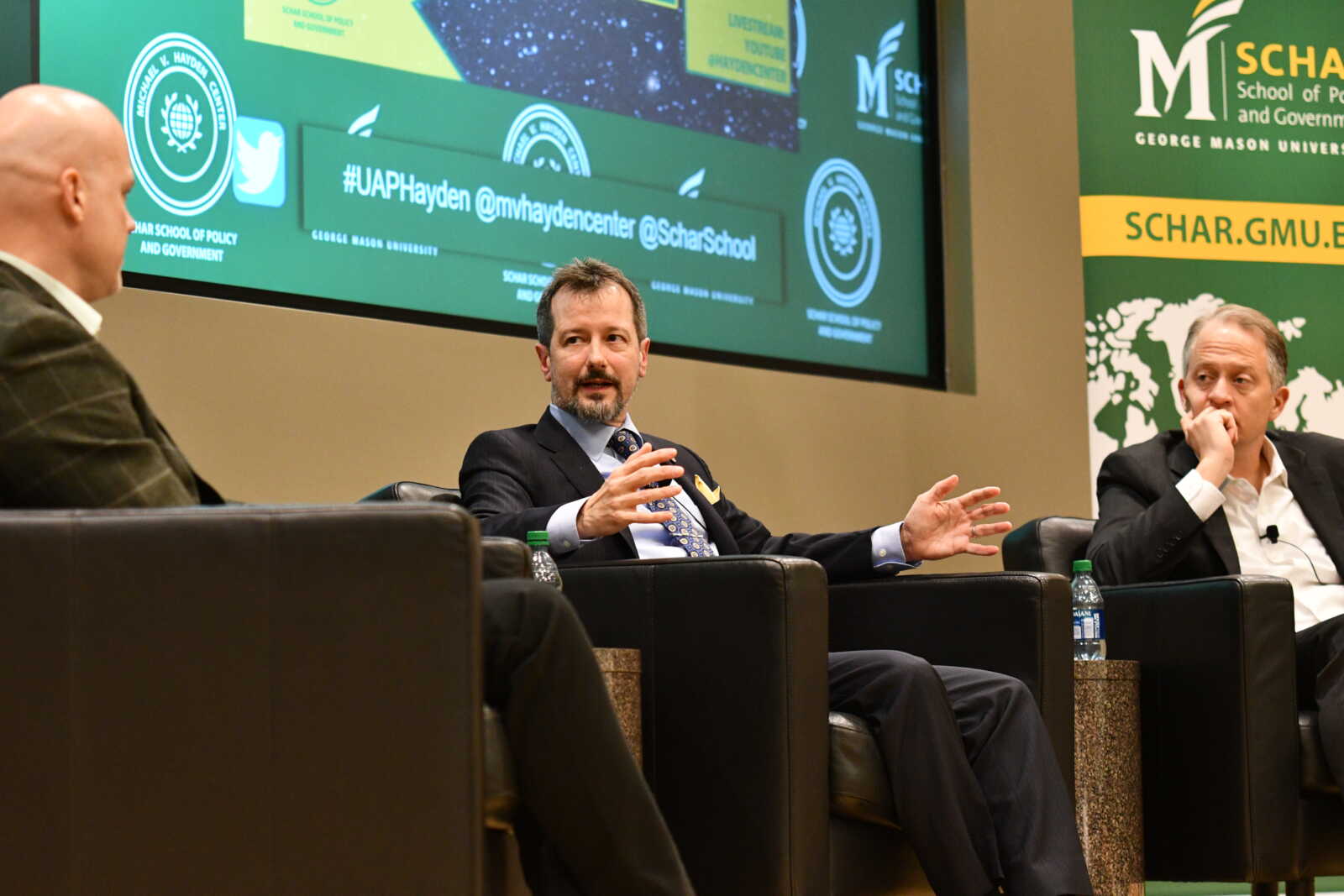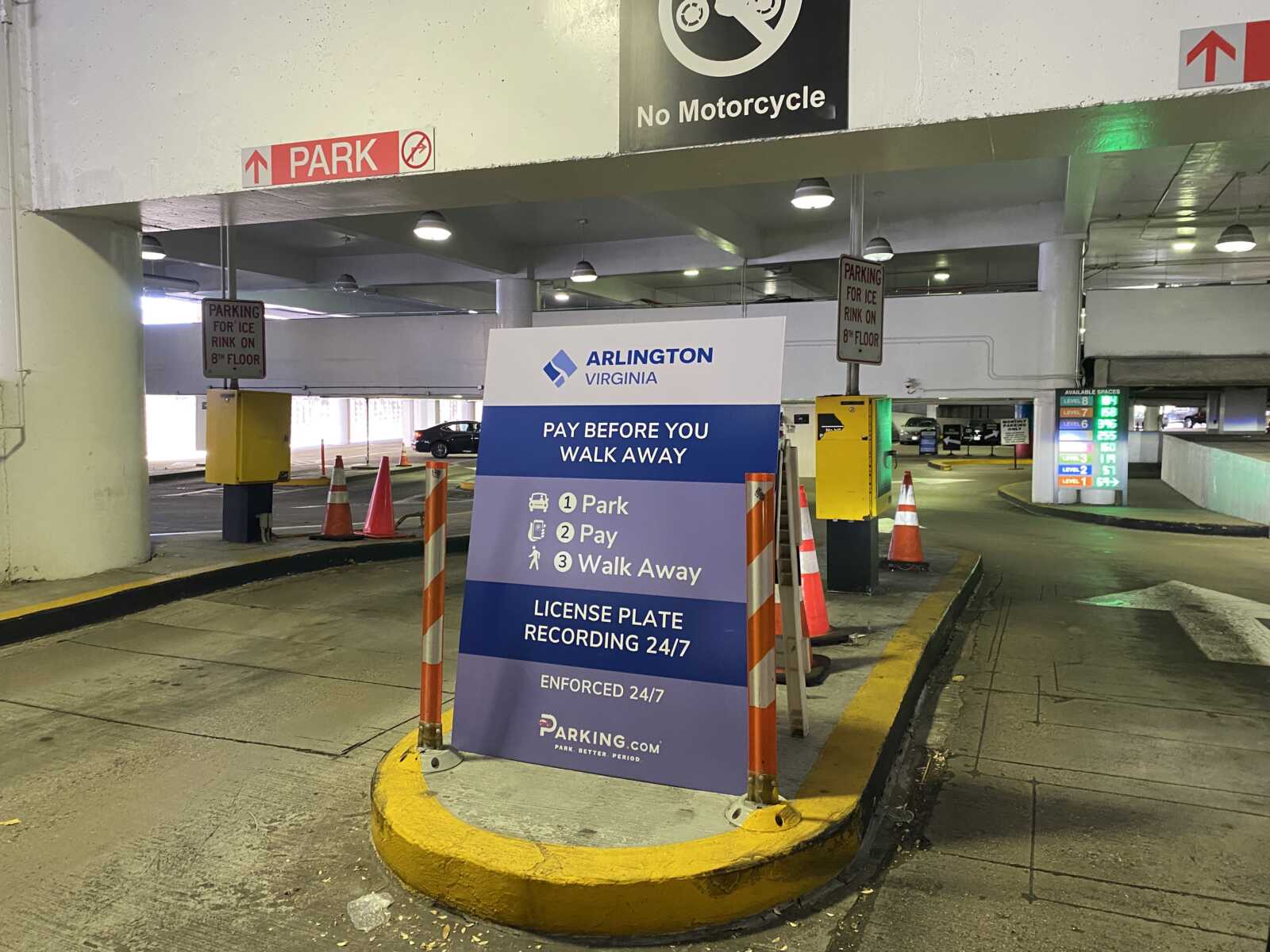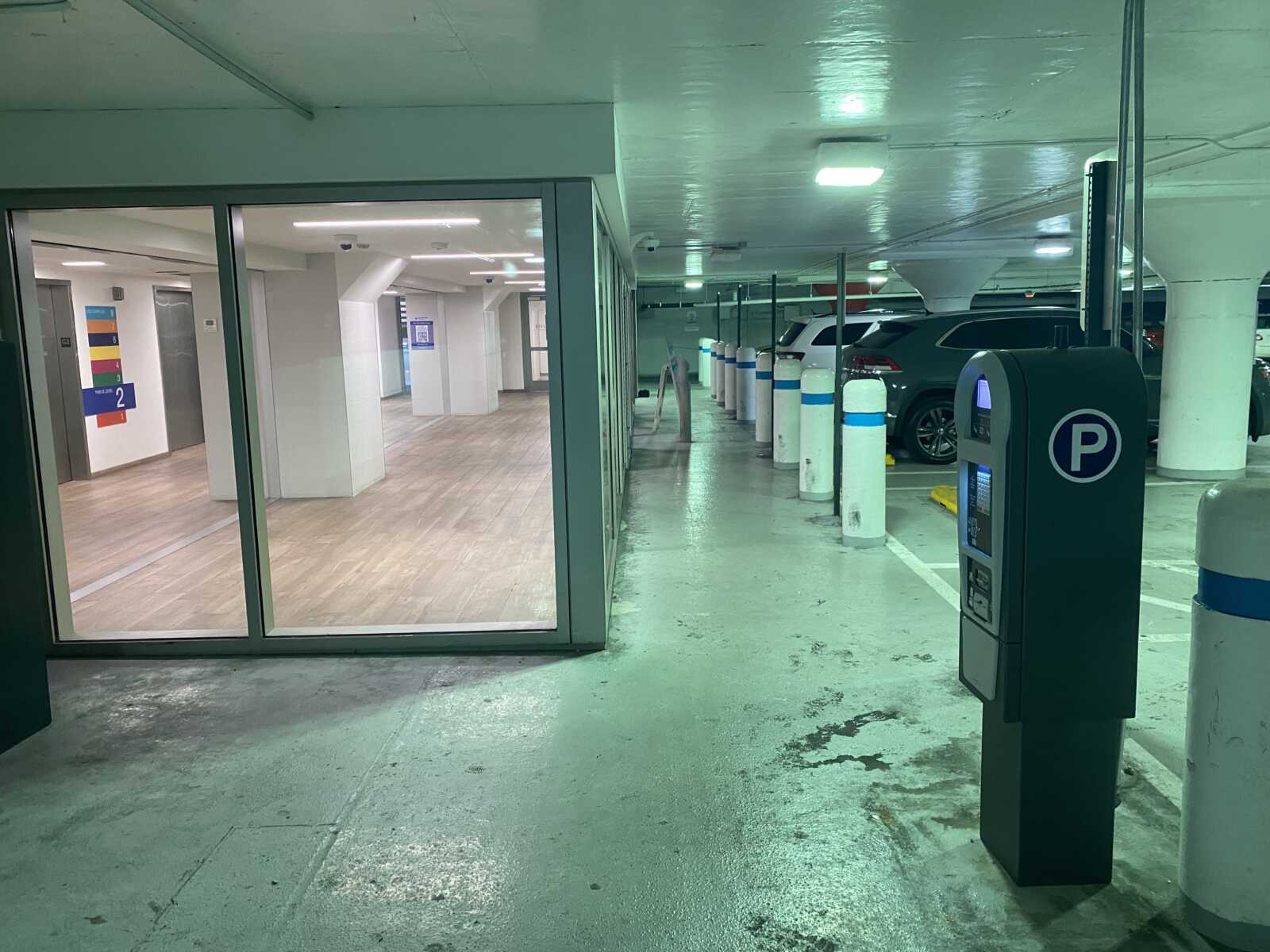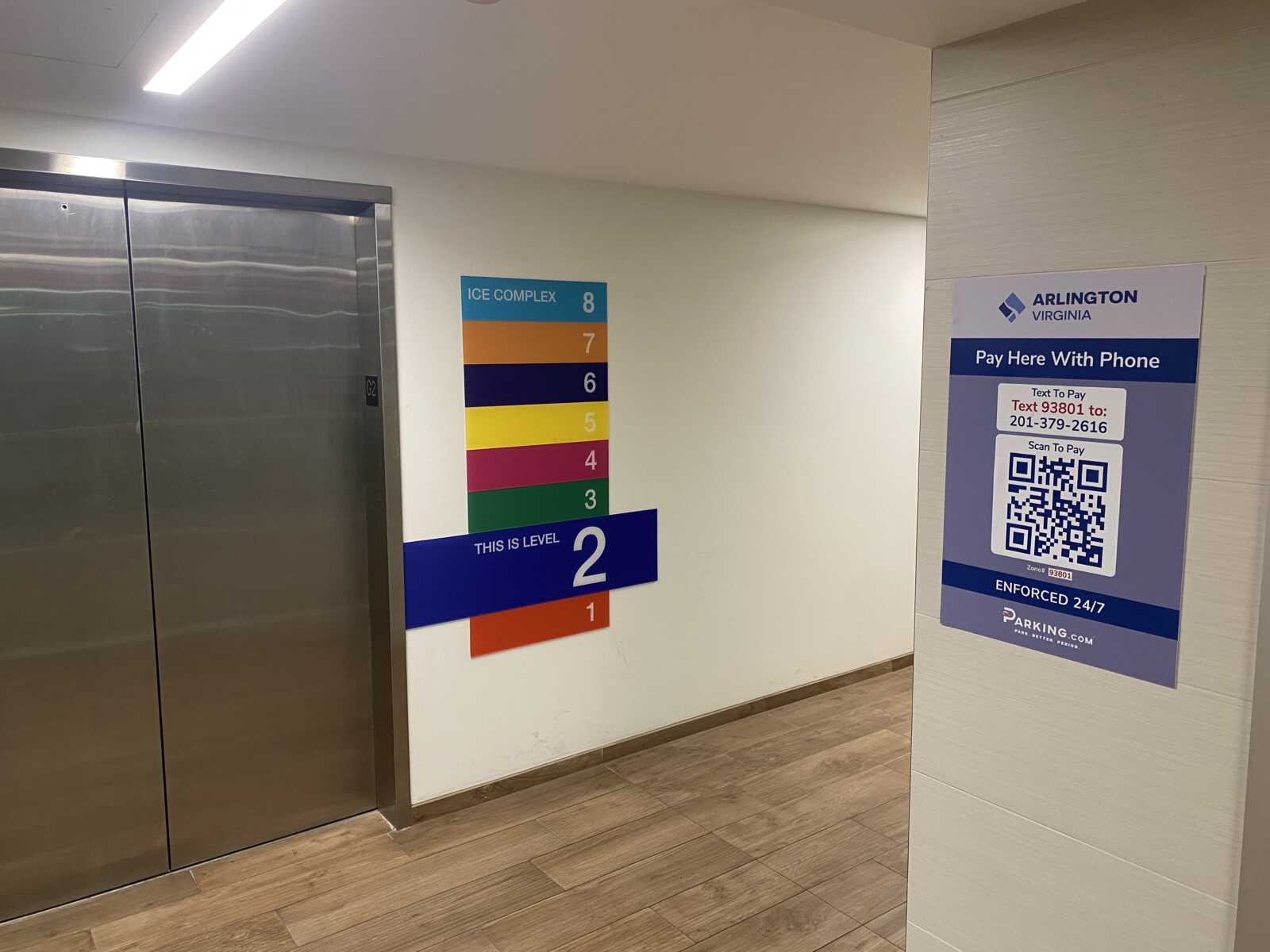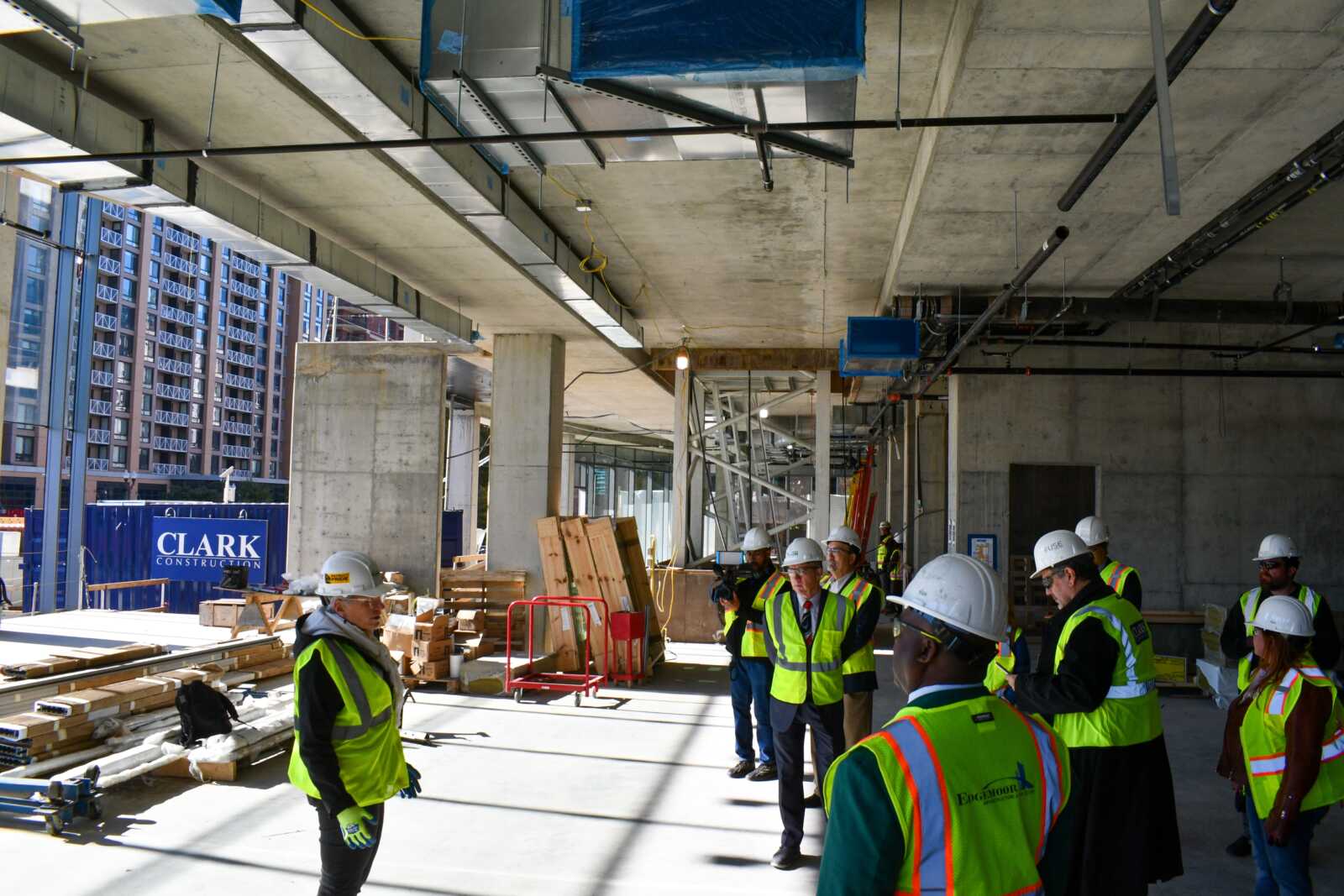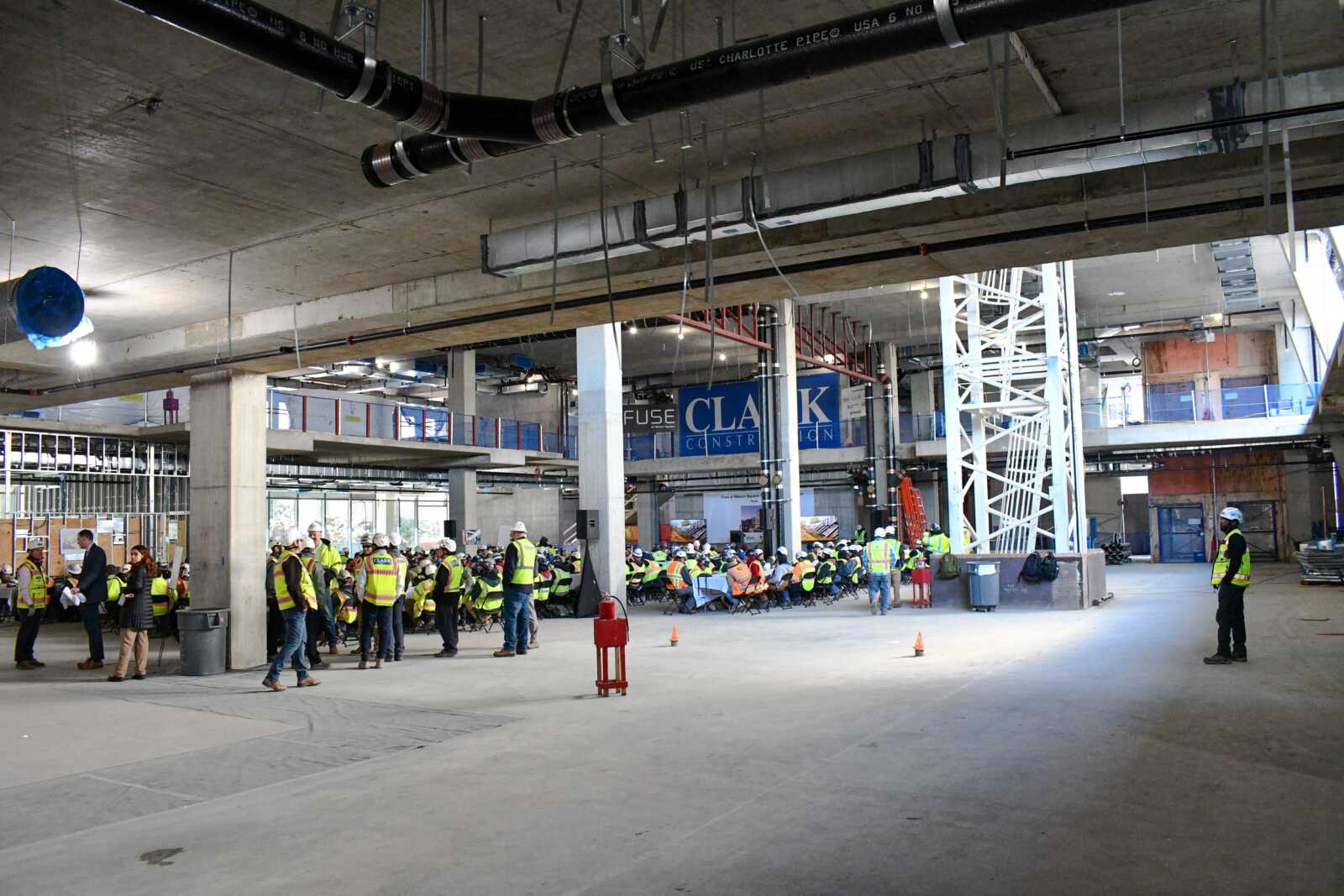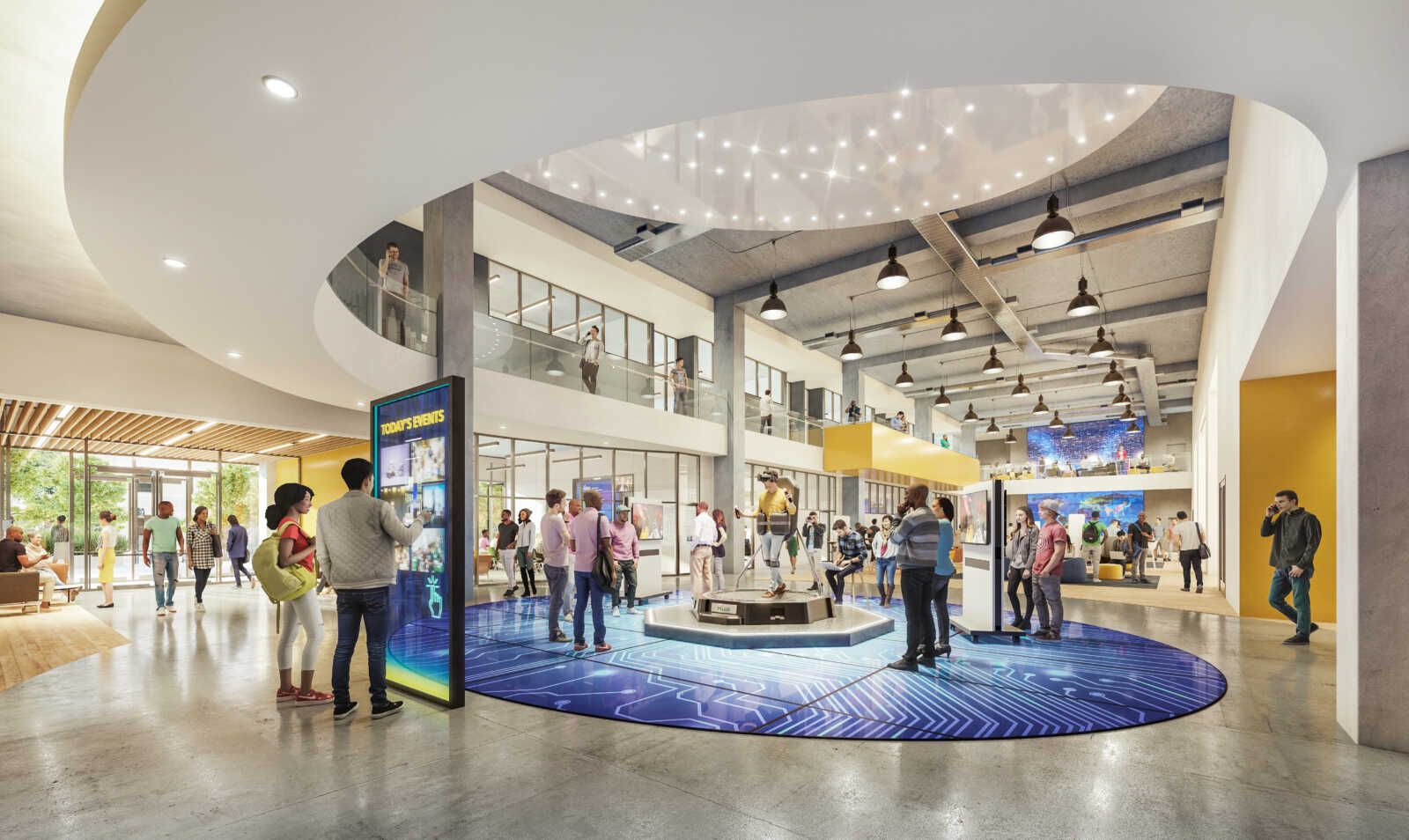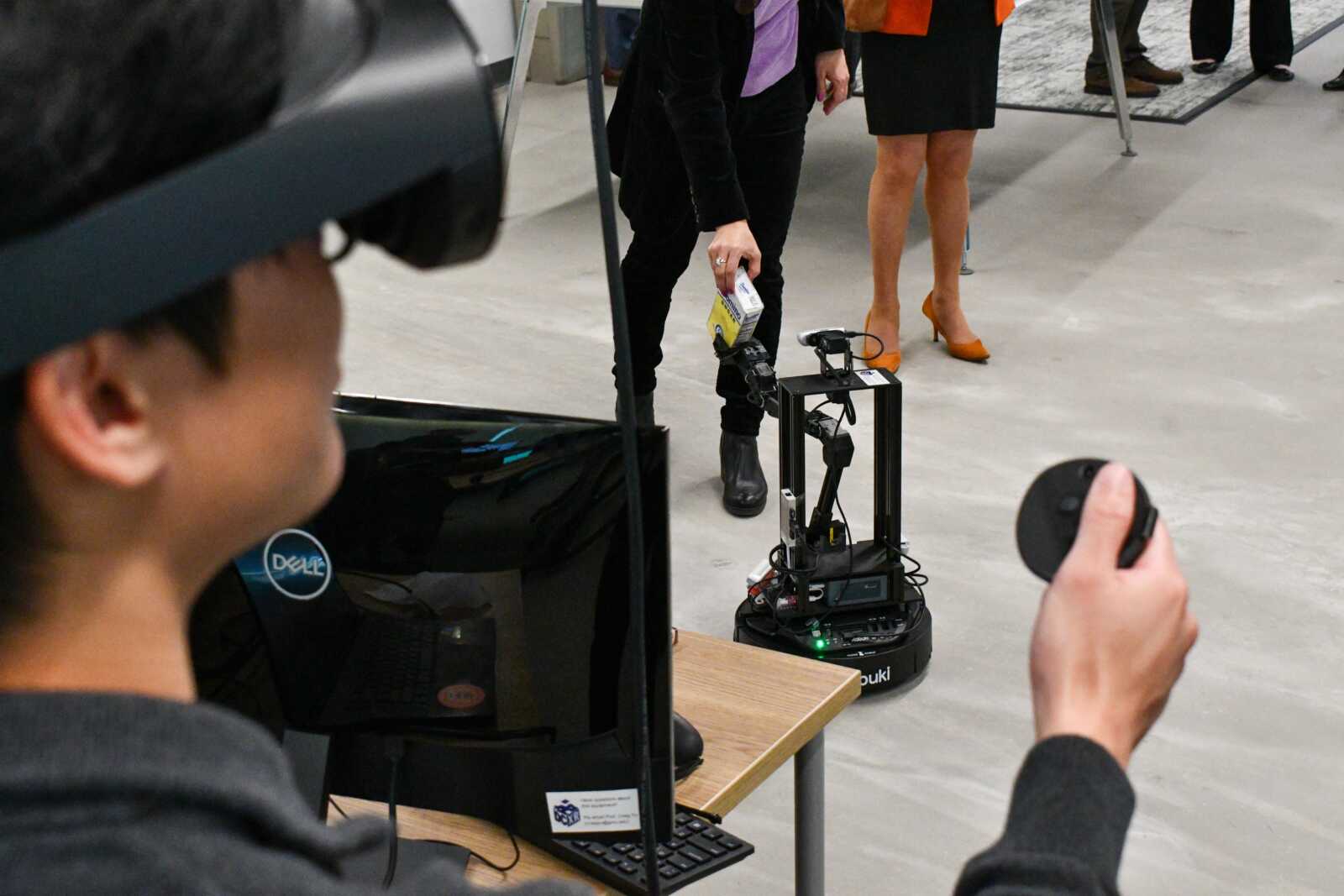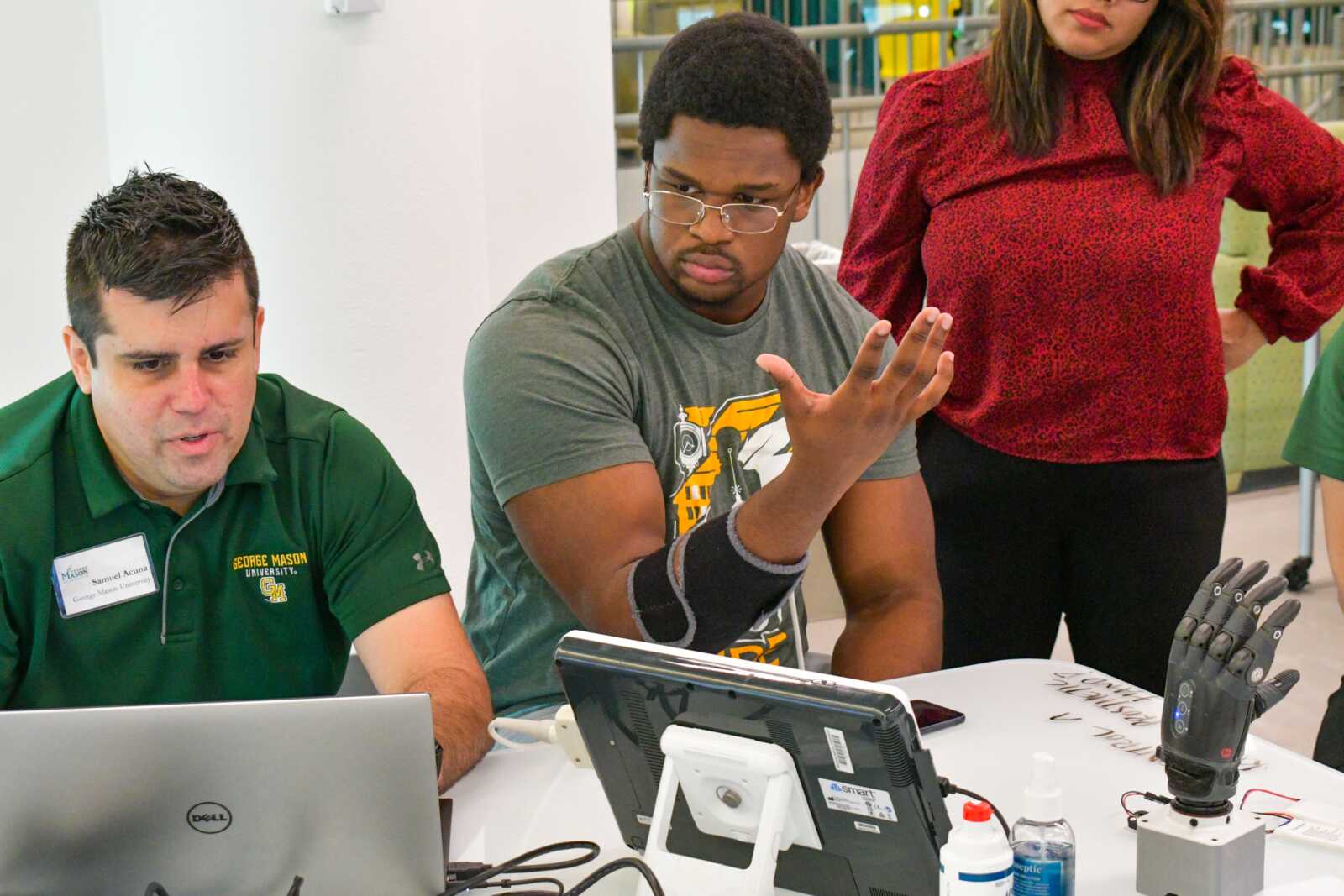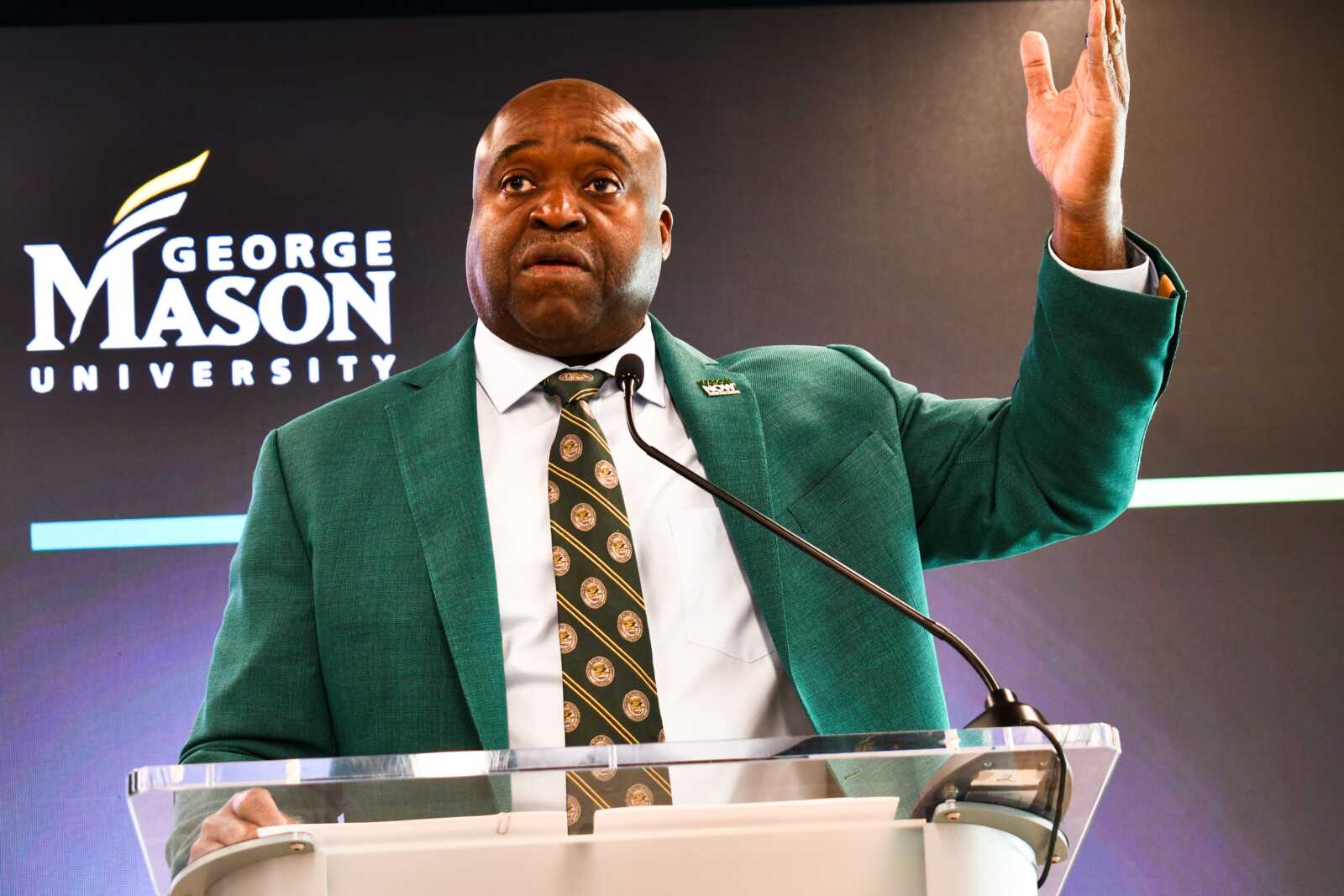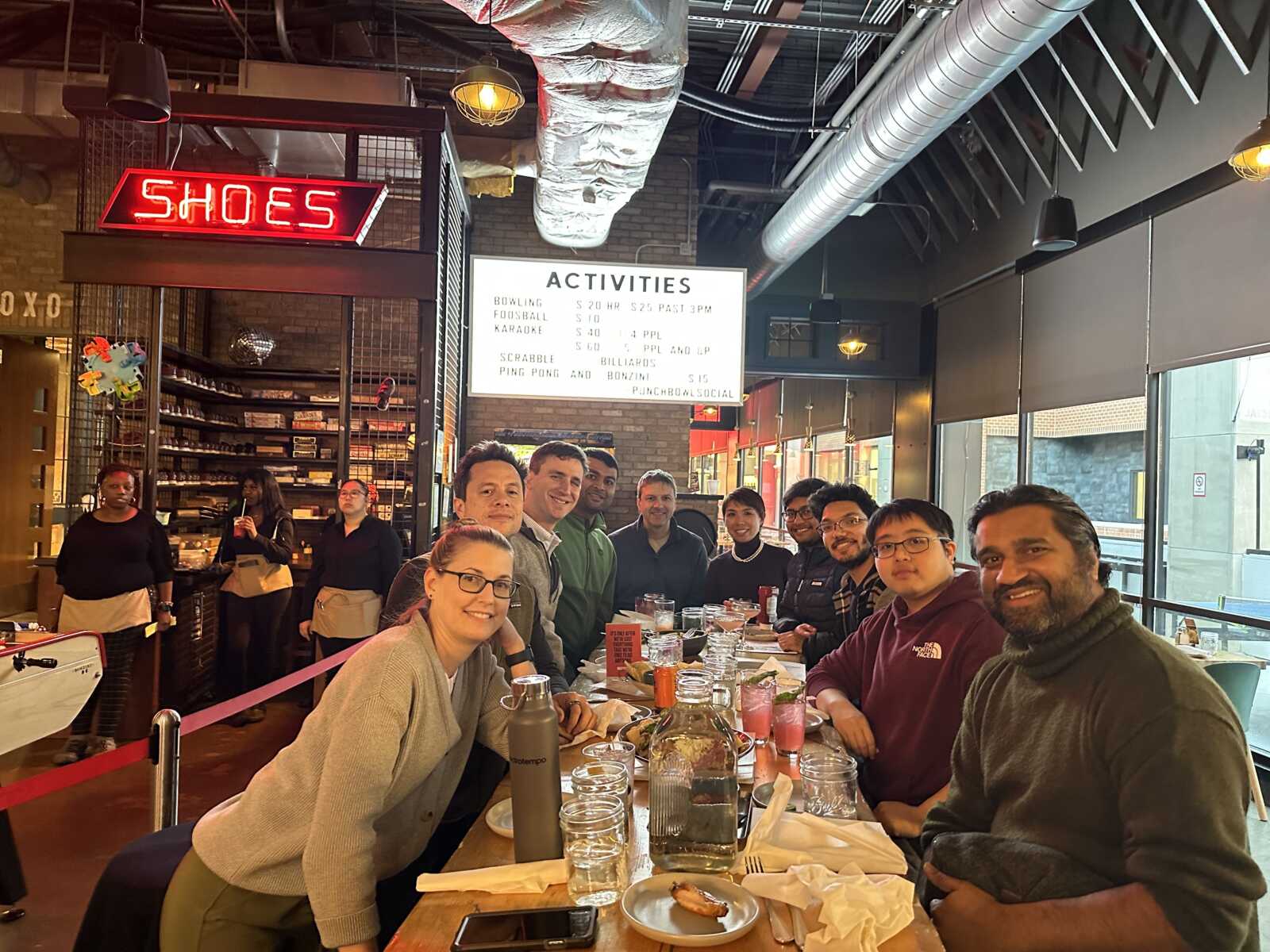Sponsored by Monday Properties and written by ARLnow, Startup Monday is a weekly column that profiles Arlington-based startups, founders, and other local technology news. Monday Properties is proudly featuring Three Ballston Plaza.
Ballston-based human resources startup PerformYard has nabbed a $95 million equity investment from Updata Partners, a D.C.-based growth equity firm.
PerformYard, which offers companies employee performance management software that handles everything from annual reviews to quarterly goals, announced the investment earlier this month.
The investment from Updata, which invests in business-to-business software-driven companies, caps off other recent windfalls for PerformYard. Its revenue grew by five times over the last four years, launched a new product last summer and, last spring, was ranked first in the category of “Highest Satisfaction Software” by G2, a peer-to-peer review site.
Now, bolstered by the $95 million investment, PerformYard intends to hire more staff across all departments. Right now, it has eight full-time positions open, per its website.
“We are thrilled to partner with Updata as we embark on our next phase of growth in solving performance management challenges,” PerformYard Founder and CEO Ben Hastings said in a statement. “Given the incredible success and growth our team has realized in recent years, I view this partnership as a natural evolution of our business to support continued development and expansion.”

Hastings founded PerformYard in 2013 to help organizations improve employee performance through better management and improvements to standard practices within human resources, such as performance reviews. For instance, notes PerformYard, 93% of organizations run employee performance reviews but almost the same percentage of HR leaders, 90%, are unhappy with their process.
“We identified a critical need for employers to better manage, coach, retain and progress talent throughout their organizations,” Hastings said. “Over the last 10 years, we have seen the emphasis on employee performance and engagement deepen significantly. Our plan is to continue building our organization to support these critical initiatives.”
Updata General Partner Carter Griffin, who will join PerformYard’s Board of Directors, complimented Hastings and the PerformYard team for its exceptional performance in recent years.
“With PerformYard, we see an opportunity to win in a large and important category,” he said in a statement. “We are excited to help further scale the company.”
Photo via PerformYard/Facebook




